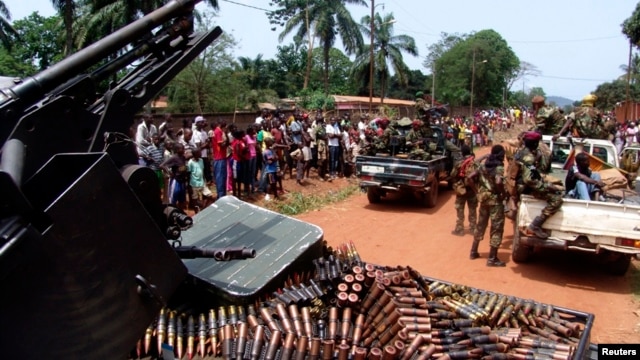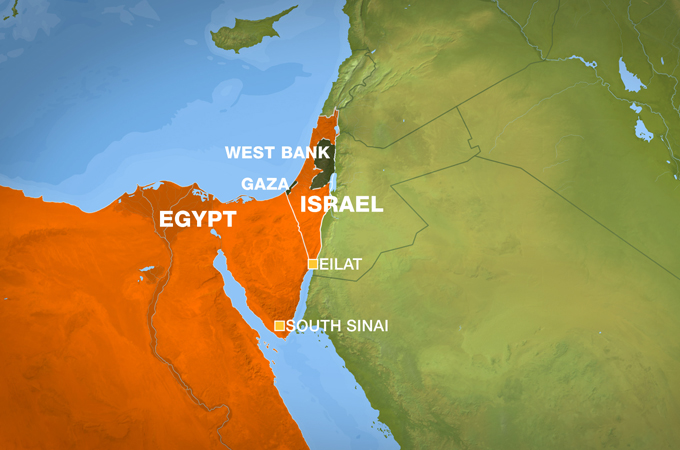By Dan Krupinsky
Impunity Watch Reporter, Africa
BANGUI, Central African Republic – The Central African Republic (CAR) remains in turmoil, months after rebels seized the capital Bangi and inserted themselves into power.
In the months since the Seleka rebel forces overtook the government, and Michael Djotodia named himself interim president, there have been accusations by Human Rights Watch and others of serious crimes, including summary executions and rape.

With reports of human rights violations remaining a common occurrence, a group of United Nations independent experts recently described the rule of law as “almost non-existent.”
“We are seriously concerned over reported acts of killings, torture, arbitrary detention, gender-based violence, enforced disappearances, ‘mob justice’ and the pervasive climate of insecurity and the absence of the rule of law which have prevailed in the country in the last five months,” the human rights experts said, calling for authorities to take steps to end to the human rights violations and bring the perpetrators to justice.
The International Federation for Human Rights estimates that the rebels have killed more than 400 people since taking power. Locals accuse the Selekas of murdering 15 people last month, after it was discovered that the mini-bus they were riding on contained t-shirts supportive of deposed president Francois Bozize.
Seven bodies, which showed signs of torture, were recovered from the Ubangi River.
Nicolas Tiangage, formerly a human rights lawyer and now inserted by the rebels as the Prime Minister to act as an emissary to the outside world, told The New York Times, “It’s anarchy, a non-state. Looting, arson, rape, massacres of the civilian population – they are sowing terrorism.”
The UN estimates that since December of 2012, 1.2 million people in the CAR have been cut off from what are described as “essential services,” with 37,000 people fleeing the country.
The international community, including Human Rights Watch and African civil society groups, have called on the International Criminal Court (ICC) to monitor the ongoing abuses and for investigations of the alleged crimes.
ICC prosecutor Fatou Bensouda said in late April that the situation is “under close scrutiny,” and that she “will not hesitate to prosecute those responsible” for the violence, according to AllAfrica.com.
Calls for increased criminal prosecution comes amongst reports that only 16 arrest warrants had been issued (as of July), and for primarily minor offenses, providing evidence that the crimes are being committed in near impunity.
The estimated growth of the Seleka forces from 5,000 fighters initially to over 20,000 suggest that the violence will only continue to escalate.
For further information, please see:
All Africa — Group of UN Experts Raise Alarm Over Lawlessness in Central African Republic — 6 August 2013
All Africa — In Recent CAR Coup, Echoes of Past Violence — 6 August 2013
New York Times — Violent and Chaotic, Central African Republic Lurches Toward a Crisis — 6 August 2013
Voice of America — Rights Group: CAR Rebels Committing War Crimes — 18 July 2013
Reuters — Central African Republic in chaos, abandoned: MSF — 6 July 2013



